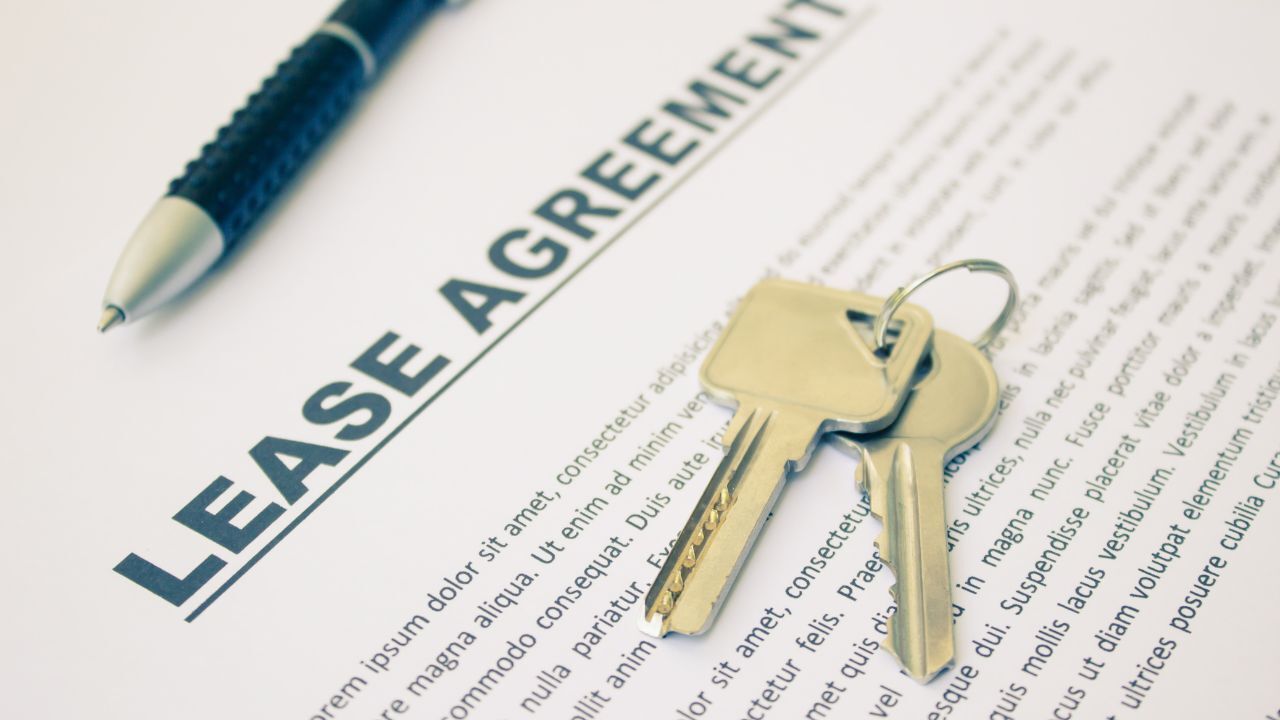 When selling your home, you put your trust in your own real estate agent to price it right, market it well, and guide you through negotiations. But what many sellers don’t realize is that the buyer’s agent, someone you didn’t hire, can also impact your success. And unfortunately, if that agent is inexperienced, unresponsive, or unprofessional, it could hurt your sale more than you think.
When selling your home, you put your trust in your own real estate agent to price it right, market it well, and guide you through negotiations. But what many sellers don’t realize is that the buyer’s agent, someone you didn’t hire, can also impact your success. And unfortunately, if that agent is inexperienced, unresponsive, or unprofessional, it could hurt your sale more than you think.
Let’s break down how a bad buyer’s agent can complicate your sale, and how to protect your deal from falling apart.
Poor Communication Can Derail the Timeline
A great transaction depends on clear, timely communication between both agents. If the buyer’s agent takes days to respond to questions, delays submitting offers or paperwork, or generally seems hard to reach, it slows everything down. That can make buyers miss deadlines, inspections, or even lose financing opportunities. In a hot market, speed matters, so poor responsiveness could cause your deal to fall apart.
Incomplete or Sloppy Paperwork
Submitting an offer missing key information like pre-approval letters, escrow deposit details, or required disclosures? That’s a big red flag. A disorganized or inexperienced buyer’s agent can delay escrow and create mistrust. It also forces your agent to do double the work trying to chase missing pieces and keep things on track.
Bad Advice to the Buyer
If the buyer’s agent is giving unrealistic advice like offering way under asking in a seller’s market or pushing for unreasonable contingencies, it can lead to unnecessary conflict or rejected offers. Some agents push hard for repairs or credits, even when your home is priced accordingly. This puts strain on negotiations and could turn a solid deal into a disaster.
Constant Last-Minute Changes
Need to reschedule the inspection for the third time? Appraisal delayed again? Buyer not showing up to walk-through? These last-minute issues often stem from a disorganized buyer’s agent. These repeated delays can frustrate everyone and increase the chances that your deal will fall through.
How Sellers Can Protect Themselves
You cannot control who the buyer hires but here is what you can do:
- Hire a strong listing agent who is experienced in managing both sides of the deal when needed.
- Require pre-approval letters with any offer, not just pre-qualification.
- Set clear timelines in your purchase contract for inspections, financing, and contingencies.
- Don’t be afraid to reject poorly written offers. You have every right to expect professionalism and clarity.
- Lean on your agent to keep the deal moving and document all communication.
A weak buyer’s agent doesn’t have to ruin your deal, as long as your listing agent is ready to guide the process with skill and confidence.
Thinking about listing your home? Let’s talk about how to avoid these hidden pitfalls and protect your sale from day one.
 When you’re preparing to sell your home, you likely focus on everything within your property line, cluttering, staging, repainting, and boosting curb appeal. But what if the one thing standing between you and a solid offer is not your house at all?
When you’re preparing to sell your home, you likely focus on everything within your property line, cluttering, staging, repainting, and boosting curb appeal. But what if the one thing standing between you and a solid offer is not your house at all? What Is a Lease-Option Agreement?
What Is a Lease-Option Agreement? In today’s real estate market, many homeowners find themselves at a crossroads. They locked in an ultra-low mortgage rate years ago, but now their home no longer fits their lifestyle, family size, or future plans. The thought of giving up that great rate can feel daunting—but is staying in a home that no longer serves you really the best option? The truth is, you don’t have to feel stuck. You have choices that can help you move forward while still making smart financial decisions.
In today’s real estate market, many homeowners find themselves at a crossroads. They locked in an ultra-low mortgage rate years ago, but now their home no longer fits their lifestyle, family size, or future plans. The thought of giving up that great rate can feel daunting—but is staying in a home that no longer serves you really the best option? The truth is, you don’t have to feel stuck. You have choices that can help you move forward while still making smart financial decisions. As a real estate agent, one of the most exciting and important steps in selling a home is preparing for your first open house. This is an excellent opportunity to show off your property to a wide range of potential buyers. While it may feel overwhelming at first, I’m here to guide you through the process to ensure everything goes smoothly and that you maximize your chances of selling.
As a real estate agent, one of the most exciting and important steps in selling a home is preparing for your first open house. This is an excellent opportunity to show off your property to a wide range of potential buyers. While it may feel overwhelming at first, I’m here to guide you through the process to ensure everything goes smoothly and that you maximize your chances of selling. When preparing your home for sale, there’s a checklist of tasks to tackle like decluttering, staging, and perhaps making minor repairs. One item that often gets overlooked, yet is critically important, is checking for open permits on your property. Ignoring this step could lead to unexpected delays, renegotiations, or even jeopardizing your sale entirely. Here’s what you need to know about open permits and why resolving them is vital.
When preparing your home for sale, there’s a checklist of tasks to tackle like decluttering, staging, and perhaps making minor repairs. One item that often gets overlooked, yet is critically important, is checking for open permits on your property. Ignoring this step could lead to unexpected delays, renegotiations, or even jeopardizing your sale entirely. Here’s what you need to know about open permits and why resolving them is vital.